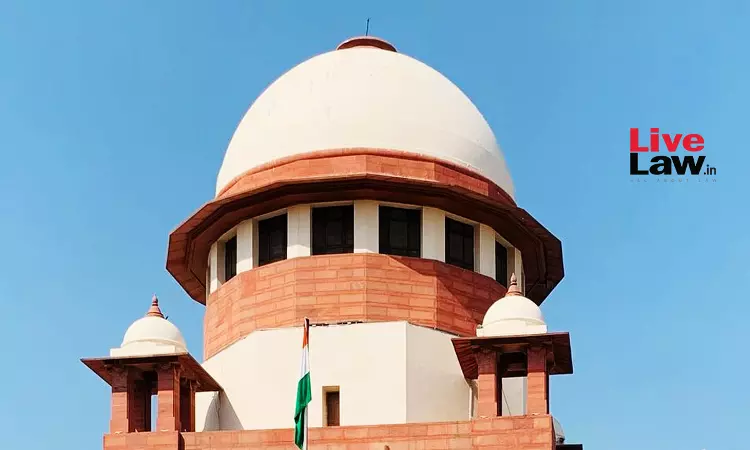Explained| Why Supreme Court Allowed Benefit Of TOLA In Extending Timelimits For Issuing Income Tax Reassessment Notices
Anmol Kaur Bawa
13 Oct 2024 4:32 PM IST

Next Story
13 Oct 2024 4:32 PM IST
The Supreme Court in its recent decision allowed the revenue authorities to issue notices for reassessment under the Income Tax Act for the period between 01.04.2021 and 30.06.2021 by granting the benefit of time extensions under Taxation and Other Laws (Relaxation and Amendment of Certain Provisions Act) (TOLA) 2021. Here is a detailed breakdown of the key issue involved and the analysis of...
